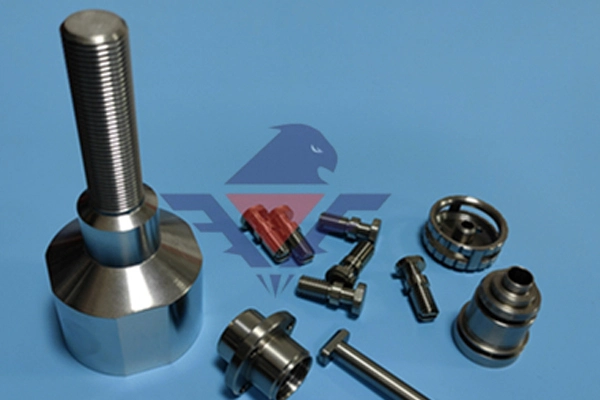
# Precision Swiss Machining for Complex Components
## The Art of Swiss Machining
Swiss machining has revolutionized the manufacturing industry with its unparalleled precision and efficiency. This specialized machining technique, originating from Switzerland’s watchmaking industry, has evolved to become the gold standard for producing complex, high-precision components across various sectors.
## What Makes Swiss Machining Unique?
Unlike conventional machining processes, Swiss machining utilizes a sliding headstock and guide bushing system that provides exceptional stability during the cutting process. This unique configuration allows for:
– Superior precision with tolerances as tight as ±0.0001 inches
– Exceptional surface finishes
– Reduced vibration during machining
– Capability to machine long, slender parts without deflection
## Applications Across Industries
Swiss machining has found applications in numerous industries where precision is paramount:
### Medical Device Manufacturing
The medical industry relies heavily on Swiss machining for producing:
– Surgical instruments
– Implantable components
– Dental devices
– Micro-sized medical parts
### Aerospace Components
Aerospace applications benefit from Swiss machining’s ability to produce:
– Complex fuel system components
– Precision fasteners
– Sensor housings
– Actuator parts
### Electronics and Microtechnology
The electronics industry utilizes Swiss machining for:
– Connector pins
– Miniature screws
– Sensor components
– Micro-sized electronic housings
## Advantages Over Conventional Machining
Swiss machining offers several distinct advantages:
1. Higher precision for complex geometries
2. Improved surface finishes
3. Reduced material waste
4. Faster production times for high-volume runs
Keyword: Swiss Machining
5. Ability to machine difficult materials like titanium and Inconel
## Choosing the Right Swiss Machining Partner
When selecting a Swiss machining provider, consider:
– Experience with your specific industry requirements
– Quality certifications (ISO, AS9100, etc.)
– Material expertise
– Capacity for prototyping and production runs
– Quality control processes
## The Future of Swiss Machining
As industries continue to demand smaller, more complex components with tighter tolerances, Swiss machining technology continues to evolve. Advancements in CNC controls, tooling materials, and automation are pushing the boundaries of what’s possible in precision manufacturing.
